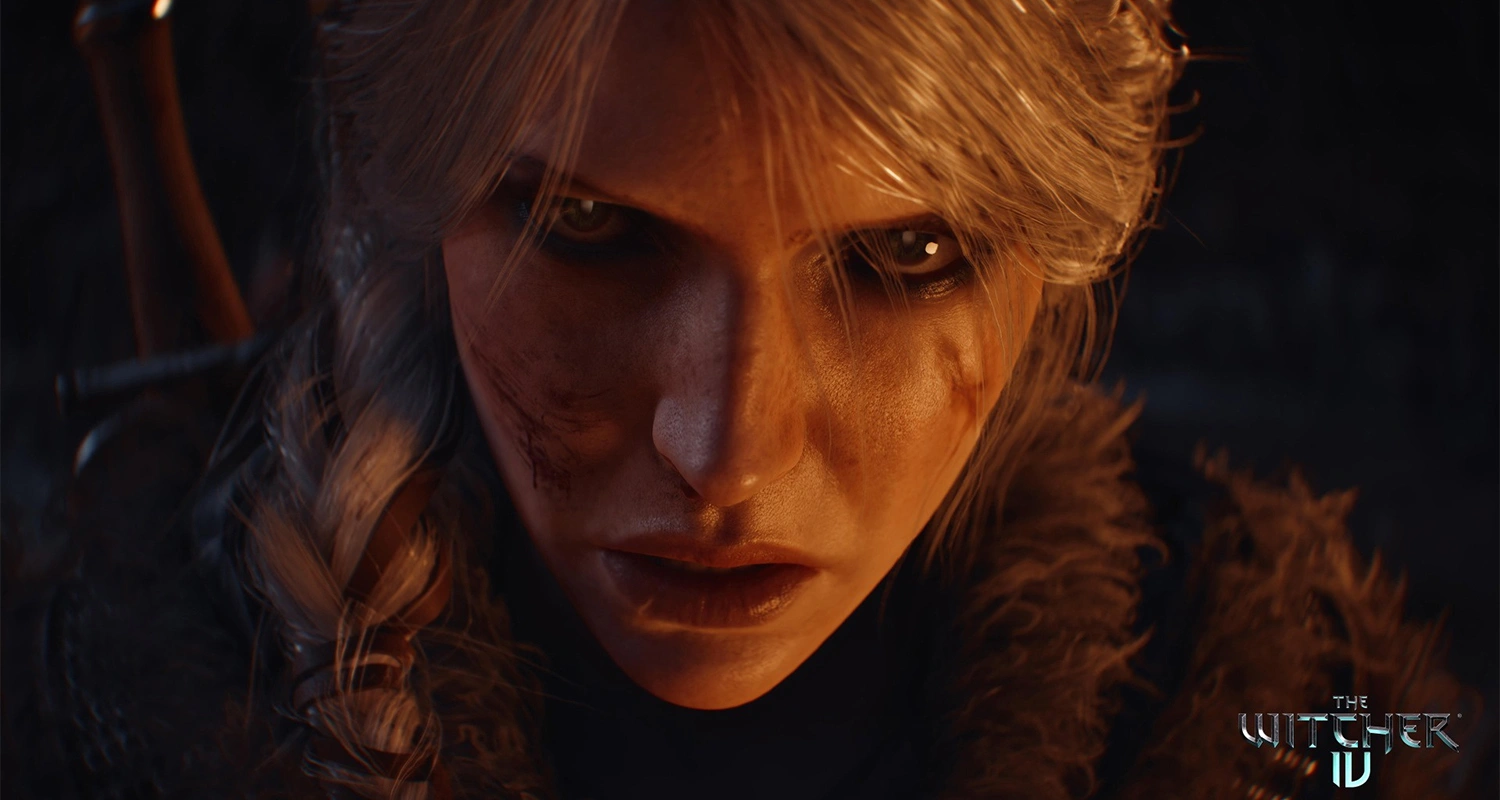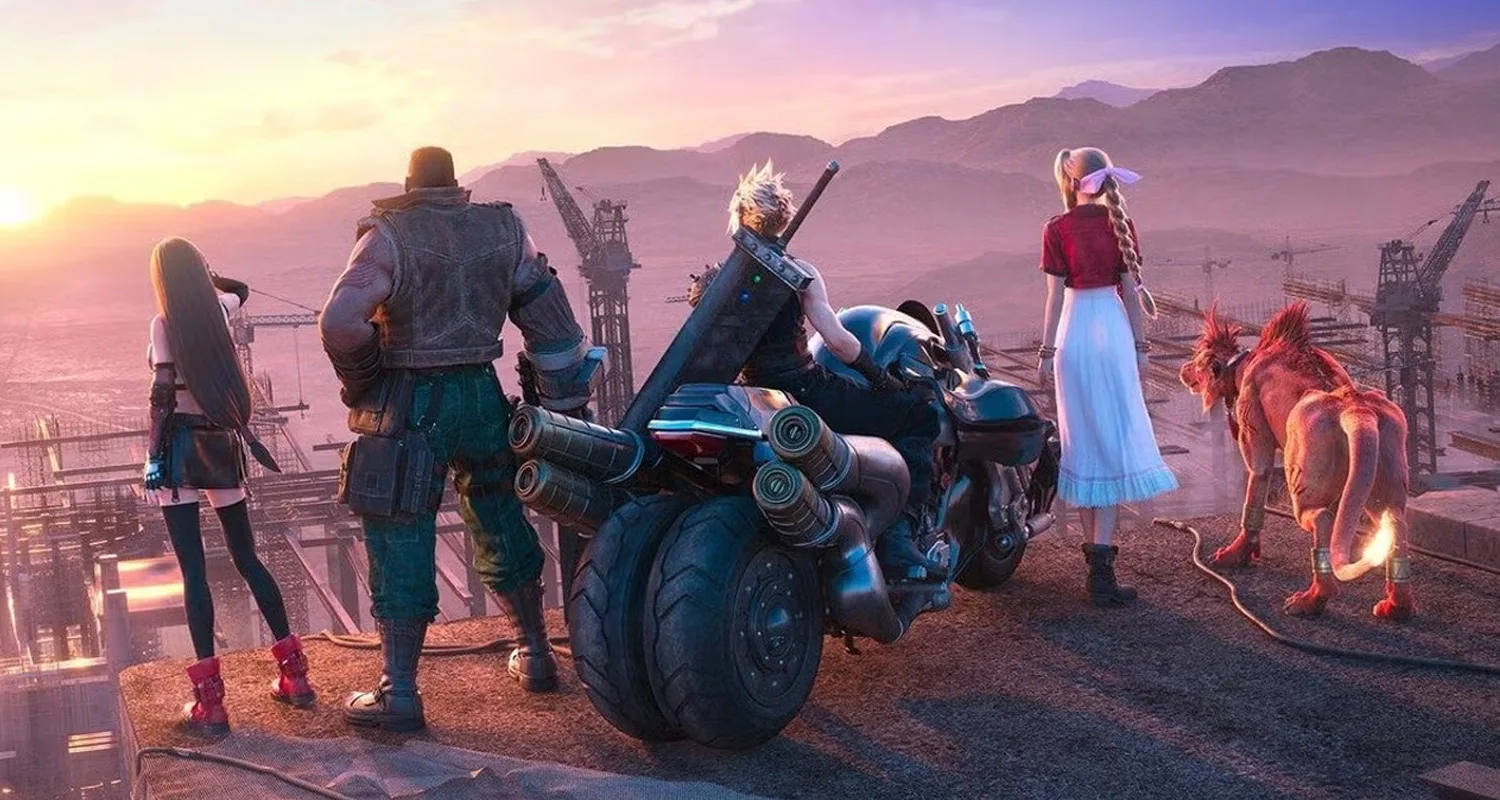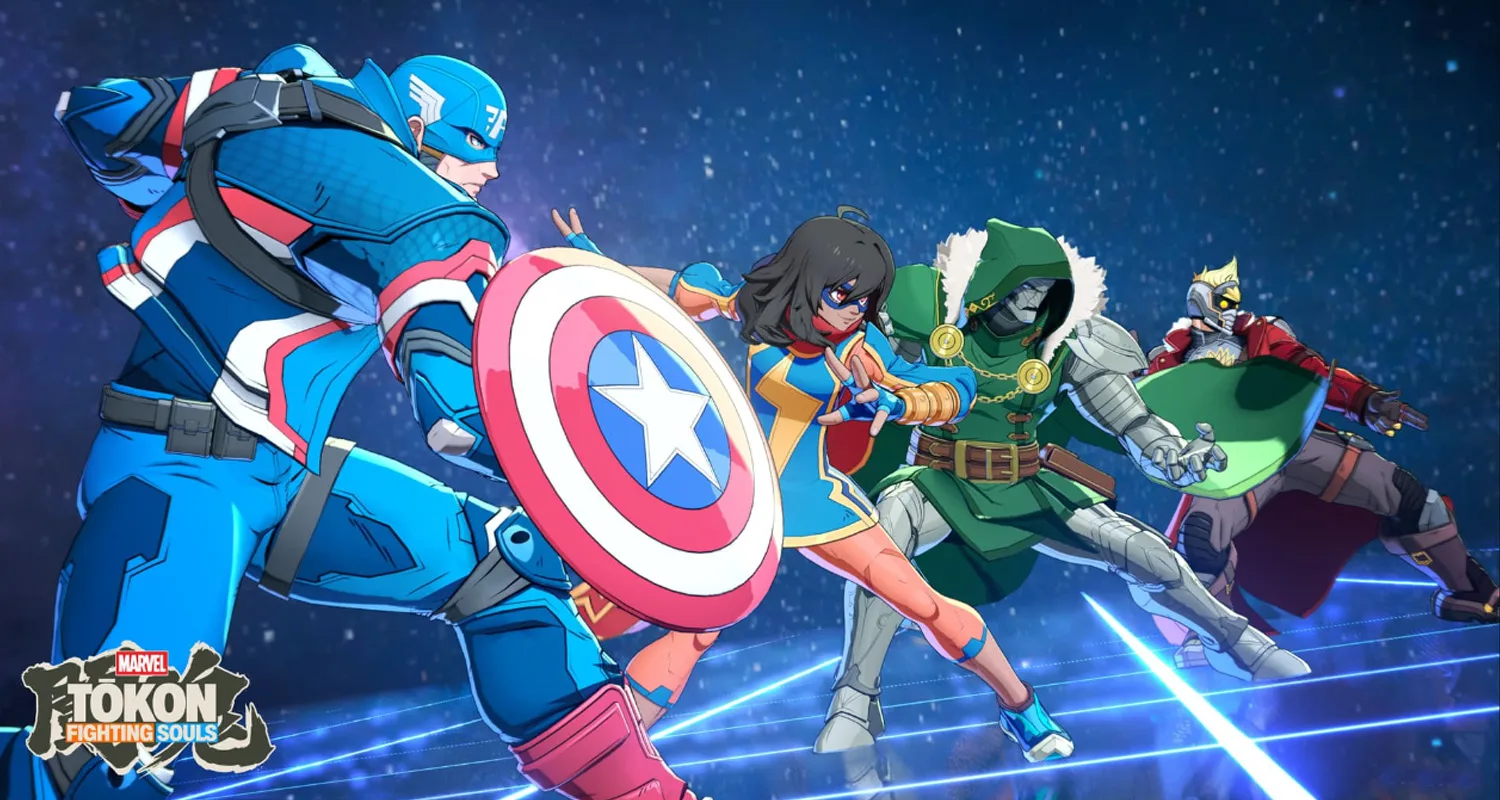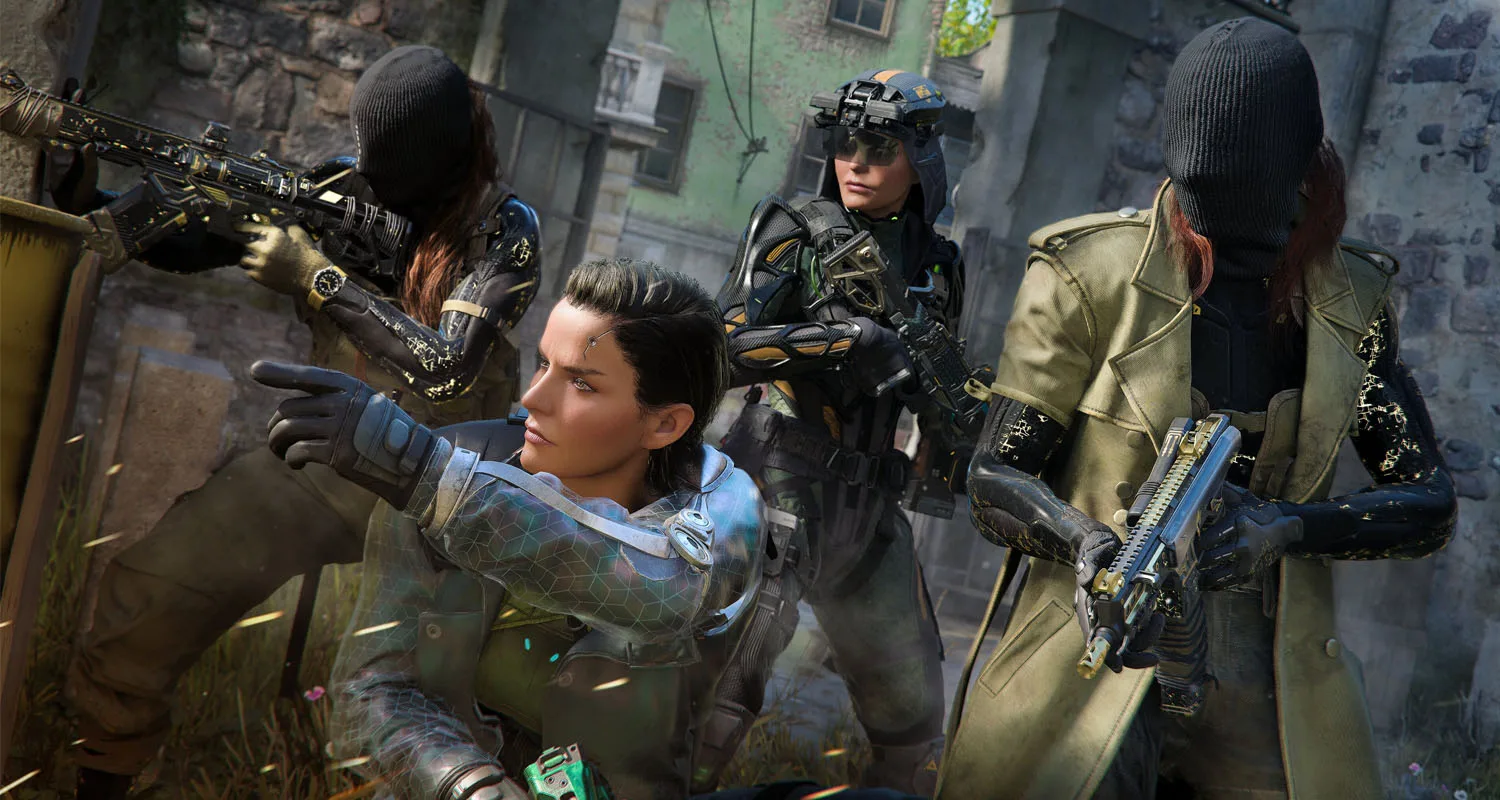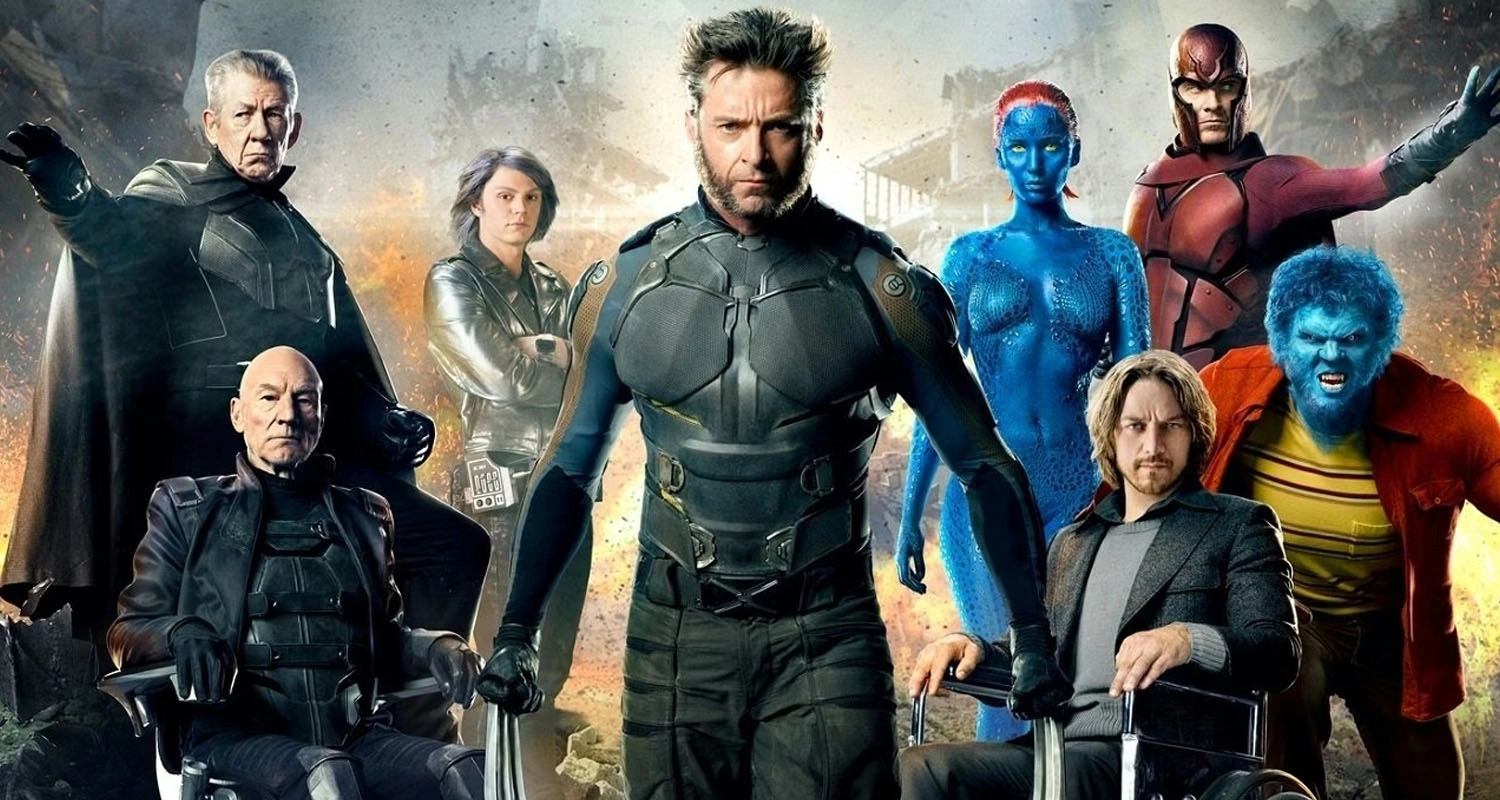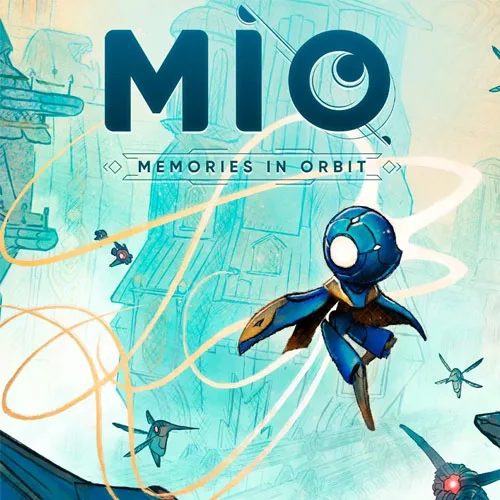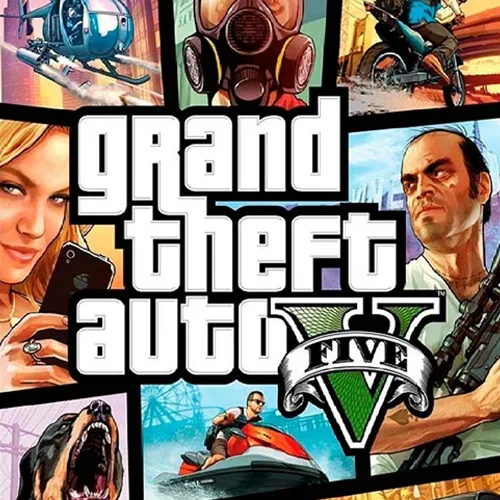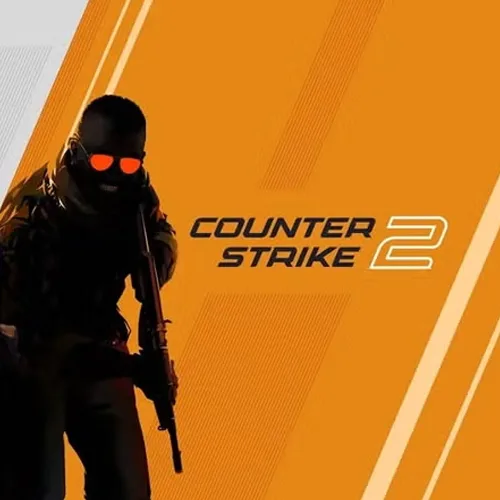The development of The Witcher 4, a project that carries the weight of expectations created by its predecessor, The Witcher 3, is a huge task for CD Projekt Red. This last game, which has sold over 60 million copies and is regarded by many as one of the greatest video games ever made, has elevated the bar for RPG design and storytelling. The Polish studio must therefore figure out how to top this masterpiece without sacrificing the qualities that enthralled a sizable player base.
When The Witcher 3: Wild Hunt was released in 2015, it didn’t just become a popular video game—it redefined what an open-world RPG could be. With its rich storytelling, morally complex characters, vast and beautiful world, and meticulous attention to detail, CD Projekt Red created a benchmark that many developers still struggle to match. It wasn’t just a commercial success; it was a cultural milestone in the gaming industry.
Now, nearly a decade later, the anticipation for The Witcher 4 is at an all-time high. And with that excitement comes a nearly impossible burden: living up to, or somehow surpassing, the legacy of The Witcher 3. The expectations aren’t just high—they’re monumental. Fans aren’t simply waiting for another Witcher game. They’re waiting for the next masterpiece.
A game born under the weight of legacy, expected to succeed a masterpiece
In a recent interview, Philipp Weber, the new title’s narrative director, stated that the team is not fixated on reviews or sales numbers. Rather, they concentrate on preserving the design ethos that made The Witcher 3 so outstanding. Weber clarified, “We want to uphold that way of thinking: how to create a game, how to care for every detail, how to tell stories,” in order to honour the legacy of The Witcher 3.
The problem is significant, though, because fans anticipate a sequel that honours the world created by the third film while still being innovative. Weber acknowledged the strain the team is under to live up to these standards, considering ways to go above and beyond what many people believe is impossible. Because the philosophy is the same, the developer said, “Many people will love The Witcher 4 and hopefully they will be the same ones who loved The Witcher 3.”
CD Projekt Red has a rare chance to innovate in the world of The Witcher, even if no specifics regarding gameplay, plot, or release date have been disclosed. In order to ensure that both new players and seasoned gamers find this game to be an experience worthy of its predecessor, the goal now is to strike a balance between honouring the past and incorporating fresh concepts that breathe new life into the series.
Why The Witcher 3 Set Such a High Standard
To understand the pressure on The Witcher 4, it’s important to recognize what made The Witcher 3 so exceptional.
First, the narrative design was revolutionary. Side quests were not mere filler—they had emotional weight, moral ambiguity, and real consequences. The Bloody Baron questline alone is often cited as one of the best pieces of storytelling in gaming history.
Second, the world felt truly alive. From the war-torn swamps of Velen to the bustling streets of Novigrad and the serene beauty of Skellige, the environments weren’t just backdrops—they were characters in their own right. Every inch of the map told a story, and players were encouraged to explore not just for loot, but for lore and lived-in experiences.
Third, the character of Geralt of Rivia—his voice, choices, relationships, and internal conflicts—was the beating heart of the game. His journey was deeply personal yet widely relatable, a rare combination in role-playing games.
Add to that CD Projekt Red’s post-launch support, free DLCs, and two massive expansions (Hearts of Stone and Blood and Wine) that could rival full-length games, and you get a nearly flawless package.
The Challenge Facing The Witcher 4
So, where does that leave The Witcher 4? Quite simply, in the most difficult position a game can occupy: as the successor to greatness.
Firstly, there’s the question of the protagonist. Geralt’s story was neatly wrapped up at the end of The Witcher 3. If CD Projekt Red chooses to move on from him—which seems likely—then the new protagonist must carry the emotional depth, wit, and gravitas that made Geralt so beloved. That’s a tall order.
Then there’s the world. Players will expect an open world that is not just vast, but meaningful. Fast travel points and checklist-style gameplay won’t cut it in a post-Witcher 3 world. Every corner needs to feel handcrafted and narratively significant.
The writing team faces perhaps the steepest challenge. The Witcher 3 succeeded because it dared to be complex, to challenge players’ morality, and to avoid easy answers. The Witcher 4 will have to do the same—and more—without feeling like a repeat.
Finally, CD Projekt Red’s own reputation has become a double-edged sword. After the rocky launch of Cyberpunk 2077, many fans are cautiously optimistic. The studio must now prove it can deliver a polished, stable experience from day one, especially with a franchise as beloved as The Witcher.
A New Chapter, Not Just a Sequel
Despite these challenges, there’s also an opportunity. The Witcher 4 doesn’t need to be The Witcher 3: Part 2. It can forge a new path, introducing fresh characters, new lore, and unexplored regions of the Continent. The franchise is rich with untapped potential—from the School of the Lynx (rumored to be central to the new game) to political tensions never fully explored in previous titles.
By embracing new narratives and mechanics while maintaining the soul of what made the series great—choice, consequence, character, and worldbuilding—CD Projekt Red has the chance to redefine the series once again.
The Weight of Expectation
There’s no denying it: The Witcher 4 is under immense, almost unimaginable pressure. It’s not just a sequel. It’s a promise. A promise to the fans who wandered through Velen at sunset, who made impossible choices between loyalty and love, who hunted monsters not just for coin but for meaning.
Living up to The Witcher 3 won’t be easy. In fact, it might be impossible to please everyone. But perhaps that’s not the point. Perhaps The Witcher 4 just needs to be bold enough to walk its own path—one that honors its past while daring to do something new.
If anyone can pull that off, it’s CD Projekt Red. And the world will be watching.
